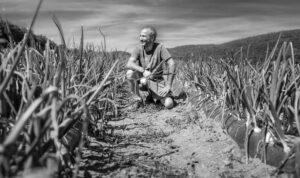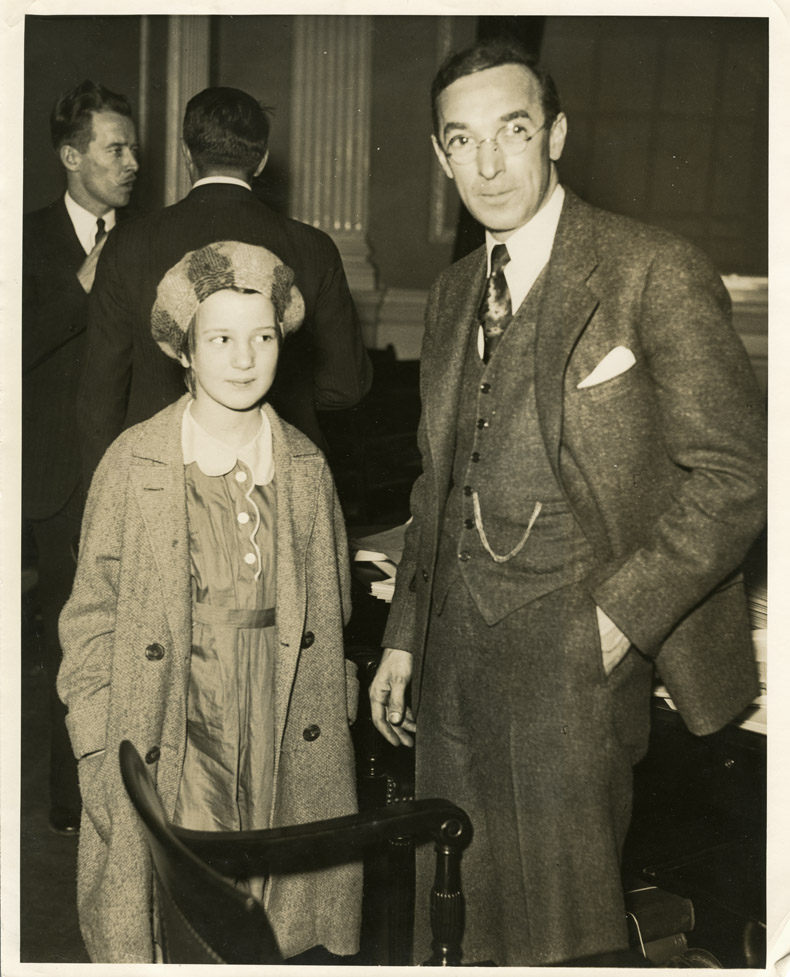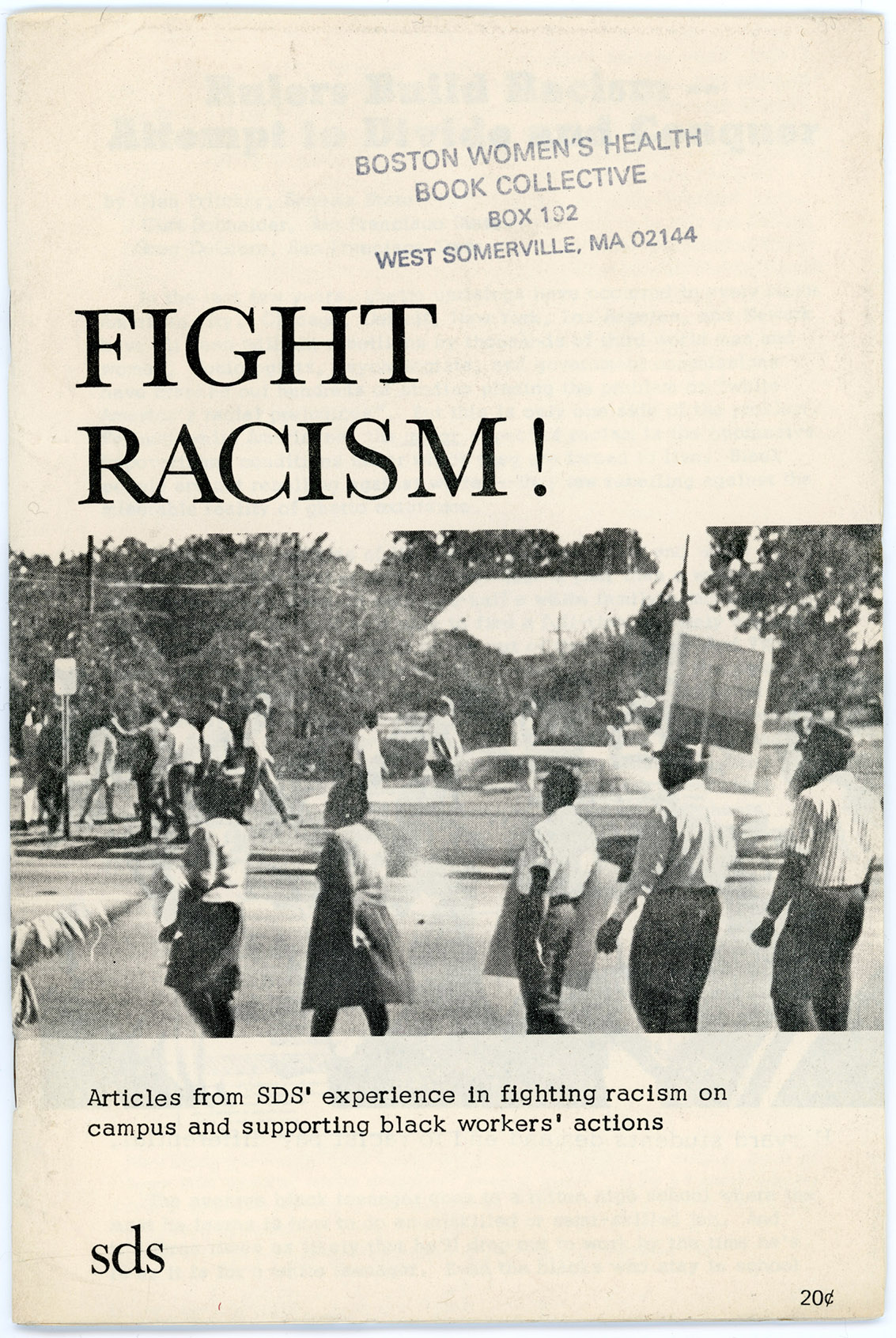Reuben Nichols, The adventures and ramblings of a sailor
The son of a Revolutionary War veteran from Fairfield County, Conn., Reuben Nichols went to sea as teenager and spent a quarter of a century sailing the Atlantic aboard merchant ships and privateers. After rising to become master of the New York and Savannah packets Exact and Angelique in the 1830s, he retired to a life on shore near Bridgeport.
This vigorous account of a life on the antebellum seas runs Nichols’ childhood hardships through a series of adventures at sea in war and peace. An observant and effective writer, Nichols describes voyages to western and northern Europe, the Mediterranean, the Caribbean, and South America during and after the War of 1812. During a colorful career, he took part in the operations of warships and privateers, witnessed attempted mutinies and desertions, rescued the abolitionist John Hopper from a mob in Georgia, and was drawn into the struggles for colonial liberation. His experiences aboard the privateer Kemp and descriptions of Haiti, Cape Verde, Spain, Gibraltar, Turkey, and Argentina are particularly evocative.




